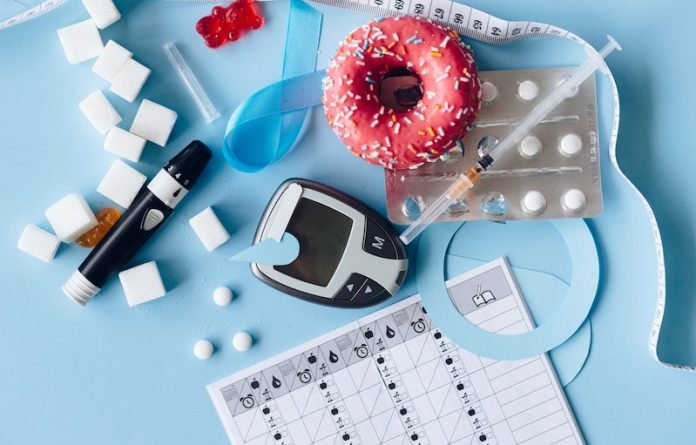
People living with type 2 diabetes are at high risk of heart attacks, stroke, heart failure and end-stage kidney disease.
In a study from Monash University and elsewhere, scientists found a medication that helps reduce a person’s risk of developing heart and kidney disease is a cost-effective option to treat people with type 2 diabetes.
They analyzed the heart and kidney health benefits of sodium-glucose co-transporter 2 inhibitors (SGLT2is)—taking into account the economic costs for the government.
The medication is well known for lowering blood glucose levels in people with type 2 diabetes.
This is the first study he is aware of that has explored whether SGLT2is are cost-effective treatments when considering only their heart and kidney benefits.
In the study, the team found that SGLT2is are a cost-effective option to treat all people living with type 2 diabetes, regardless of whether or not they have challenges managing their blood sugar levels.
Clinical guidelines recognizing the benefits of SGLT2i in terms of preventing heart disease and kidney disease were updated in 2019.
In light of the study’s results around the medication’s cost-effectiveness, the team says the Pharmaceutical Benefits Scheme could potentially review and consider prescribing criteria for SGLT2is.
However, the government will also need to balance the cost and benefits of treatments relating to different health problems when making resource allocation decisions at the population level.
According to Diabetes Australia, almost 1.9 million people are currently living with diabetes including an estimated 500,000 people with silent, undiagnosed type 2 diabetes.
Diabetes Australia Group CEO Justine Cain said the findings could be good news for people living with type 2 diabetes.
Kidney and heart disease are two of the most common diabetes-related complications.
If you care about kidney health, please read studies about the key to treatment of kidney diseases, and cruciferous vegetables may help reverse kidney damage in diabetes.
For more information about health, please see recent studies about new evidence on rare blood clots after COVID-19 vaccination, and results showing new therapy from bananas may help treat COVID-19.
The study was conducted by Jedidiah Morton et al and published in Diabetologia.
Copyright © 2022 Knowridge Science Report. All rights reserved.



